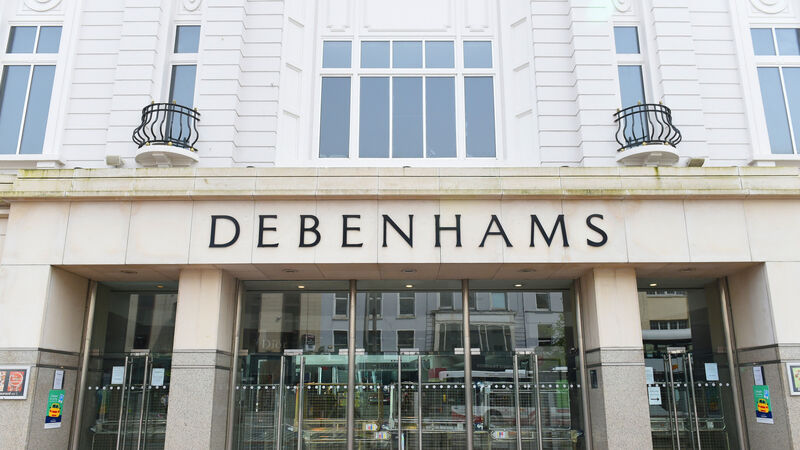Why the shutters are coming down on some British retailers in Ireland

Debenhams is one of the highest profile casualties amongst the UK retailers in Ireland. Pic: Larry Cummins
Try from €1.50 / week
SUBSCRIBEIT IS set to be a difficult couple of days for staff at British retailers Argos and Iceland as one closes its doors in the Republic of Ireland for the last time and the other faces ongoing uncertainty over whether the business can continue to operate.
These two are just the latest, and some of the most high-profile examples, of some of the issues that British retailers have been facing in the last few years, but they are not alone. The abrupt exit of Debenhams from the Irish market during the start of the pandemic left staff reeling and fighting with the company for years over their redundancy.
Already a subscriber? Sign in
You have reached your article limit.
Annual €130 €80
Best value
Monthly €12€6 / month
Introductory offers for new customers. Annual billed once for first year. Renews at €130. Monthly initial discount (first 3 months) billed monthly, then €12 a month. Ts&Cs apply.
CONNECT WITH US TODAY
Be the first to know the latest news and updates
Newsletter
News and analysis on business, money and jobs from Munster and beyond by our expert team of business writers.
Newsletter
News and analysis on business, money and jobs from Munster and beyond by our expert team of business writers.
Newsletter
Keep up with stories of the day with our lunchtime news wrap and important breaking news alerts.
Newsletter
Sign up to the best reads of the week from irishexaminer.com selected just for you.
Friday, February 13, 2026 - 10:00 PM
Friday, February 13, 2026 - 10:00 PM
Friday, February 13, 2026 - 4:00 PM
© Examiner Echo Group Limited